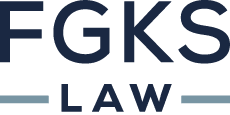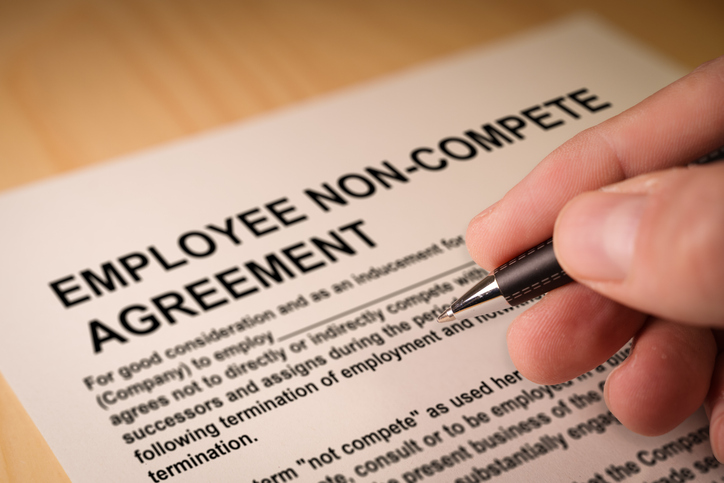Employment Law Update
January 2020
Many employers utilize bonuses to incentivize employees and reward them for things such as perfect attendance or for exceeding production quotas. Most employers know that unless an employee qualifies as exempt, the Fair Labor Standards Act (“FLSA”) requires the employer to pay overtime to employees who work more than 40 hours per week at a rate not less than time and one-half their regular rate of pay. What many employers fail to realize, however, is that paying certain bonuses without factoring them into an employee’s regular rate of pay for purposes of overtime calculation could be exposing the employer to costly FLSA violations. The penalties associated with such violations are severe – an employee can recover twice the amount of her unpaid wages, plus attorney’s fees.
There are two kinds of bonuses according to the FLSA regulations. A “discretionary” bonus is one where an employer retains discretion regarding the fact and amount of payment; such discretionary bonus may be paid to an employee without any further consequences or requirements under the FLSA. An unexpected bonus around the holidays that is not tied to any criteria or goals in any way whatsoever is an example of a discretionary bonus.
The other category of bonus is a “non-discretionary” bonus, which must be included in an employee’s regular rate of pay for purposes of calculating overtime. Examples of non-discretionary bonuses include attendance bonuses, individual or group production bonuses, or retention bonuses. The overwhelming majority of bonuses paid by employers fall into the non-discretionary category and therefore must be included in an employee’s overtime pay. Many employers do not properly include bonuses in their employees’ overtime calculations, which could result in significant costs if a disgruntled employee files a claim or a state agency conducts an audit.
The Department of Labor (“DOL”) recently issued final regulations that became effective on January 15, 2020 and clarified its position with regard to what types of bonuses and other benefits may be excluded from overtime. Specifically, the DOL final regulations provide that referral bonuses can be considered discretionary and therefore excluded from an employee’s regular rate of pay if they are paid to employees who are not primarily engaged in recruiting activities and if certain conditions are met.
Referral bonuses paid for recruitment of new employees are not included in the regular rate of pay if all of the following conditions are met:
- Participation is strictly voluntary;
- Recruitment efforts do not involve significant time; and
- The activity is limited to after-hours solicitation done only among friends, relatives, neighbors, and acquaintances as part of the employees’ social affairs.
In addition, the DOL’s final regulations clarified and confirmed that payments for unused paid leave (including paid sick leave or paid time off); certain sign-on and longevity bonuses; and reimbursed expenses including cellphone plans, credentialing exam fees, and organization membership dues need not be included when calculating an employee’s regular rate of pay for overtime purposes.
While on the subject of updated DOL regulations, employers should remember that as of January 1, 2020, the minimum salary required for an employee to qualify for the executive, administrative, and professional exemptions from the FLSA’s overtime requirements was increased to $684 per week (equivalent to $35,568 per year). Formerly, employees with a salary below $455 per week ($23,660 annually) had to be paid overtime if they worked more than 40 hours per week regardless of whether they qualified for one of the overtime exemptions. That minimum salary level had not increased since 2004.
If you have any questions about the above or how to properly calculate an employee’s regular rate of pay for purposes of overtime compensation, please do not hesitate to contact Bryan Niemeyer, Certified Labor and Employment Law Specialist, Faulkner, Garmhausen, Keister & Shenk, A Legal Professional Association, at 937-492-1271 or bniemeyer@fgks-law.com.
Click here for a PDF version of this client alert.





